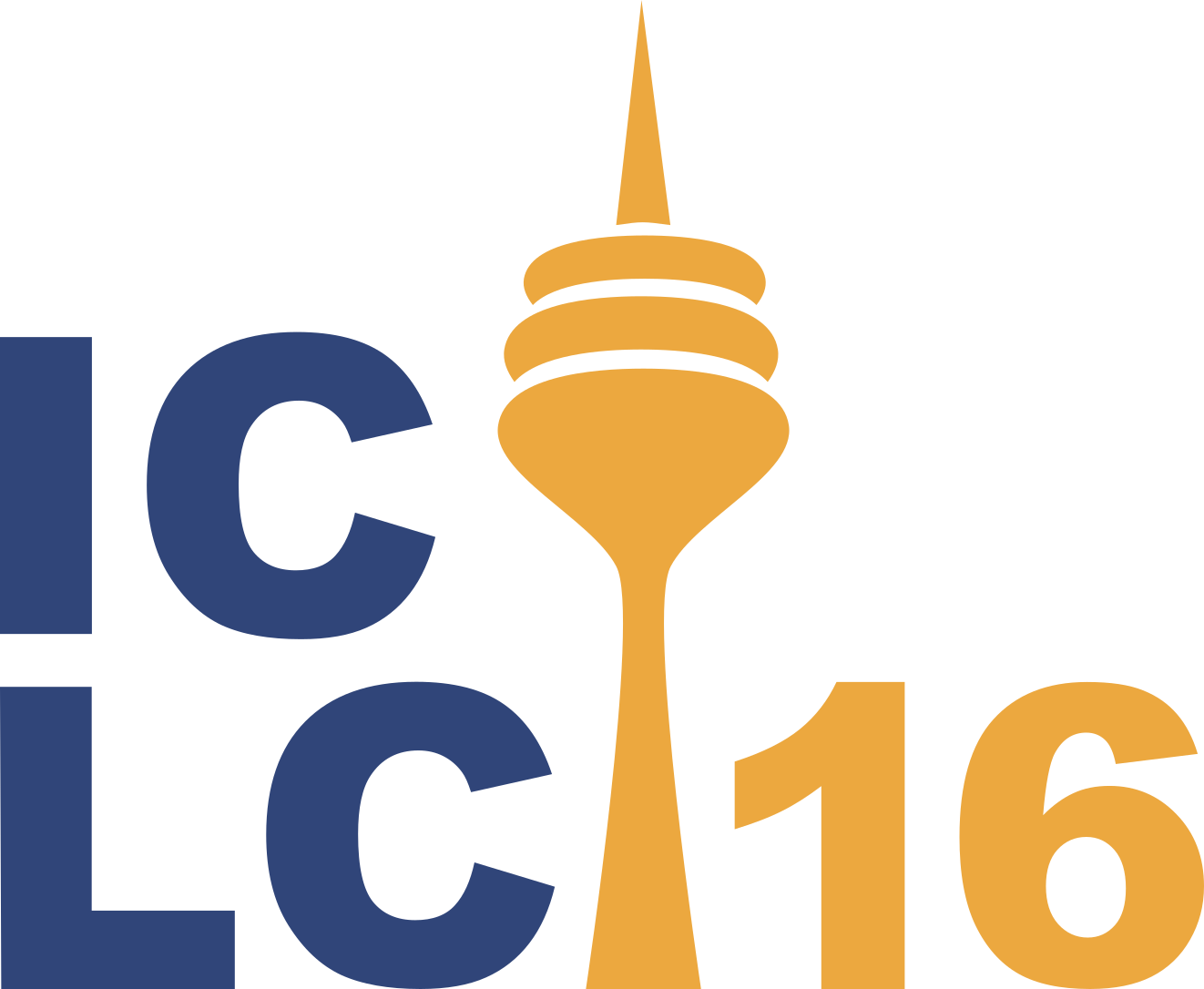Annika Tjuka and Johann-Mattis List
Cross-linguistic colexifications have become a central part of linguistic investigations on conceptual
relations in the last 15 years. Starting with (François, 2008) – who proposed the term “colexifica-
tion” as an umbrella term for homophony and polysemy and outlined an initial workflow for the
investigation of colexification patterns across multiple languages – new methods to explore cross-
linguistic colexifications were later expanded with the help of network approaches (Cysouw, 2010;
List, Terhalle, & Urban, 2013). These efforts resulted in the compilation of large-scale data collec-
tions, such as the Database of Cross-Linguistic Colexifications (CLICS, https://clics.clld.org)
which has been drastically expanded since it was first proposed (Rzymski et al., 2020).
Today, cross-linguistic colexifications are studied across various research fields, ranging from
typology to psychology and computer science. While typologists were genuinely interested in im-
proved ways to investigate lexical structures in the worlds’ languages, psychologists and computer
scientists have benefited greatly from new datasets and new methods to study conceptual relations.
Thus, Jackson et al. (2019) showed that language families differ in their emotion semantics, while
there seems to be a universal core reflected in the importance of the psychological categories of
valence and activation. Di Natale, Pellert, and Garcia (2021) found that cross-linguistic colexifica-
tions reflect similarity in affective meanings. Based on an analysis of three different lexical resources,
Bao, Hauer, and Kondrak (2021) argued that there are no universal colexifications and proposed a
method to improve the disambiguation of cross-linguistic word meanings. Xu, Duong, Malt, Jiang,
and Srinivasan (2020) identified conceptual relatedness as the main factor contributing to the fre-
quency of colexification patterns across languages. They showed that commonly colexified meanings
across languages are those that require less cognitive effort to relate. Following the assumption of
cognitive economy, Brochhagen and Boleda (2022) showed that languages act in accordance with
the Goldilocks principle by balancing the degree of relatedness between two meanings.
However, despite the many advances that the different fields have recently made, there seems to
be a lack of integration when looking at methodological approaches. Databases are used in different
formats, and cross-linguistic comparisons of words are not standardized. In the workshop, we want
to bring together researchers from different research fields (linguistic typology, psycholinguistics,
computational linguistics) who are working on cross-linguistic colexifications in order to gain insights
into cognition. We aim to foster collaboration across scientific disciplines by contrasting different
methodological approaches and discussing possibilities of integration.
